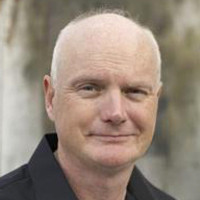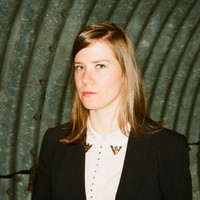Hua Hsu writes for The New Yorker and is the author of A Floating Chinaman: Fantasy and Failure Across the Pacific.
“I remember, as a kid, my dad telling me that when he moved to the United States he subscribed to The New Yorker, and then he canceled it after a month because he had no idea what any of it was about. You know, at the time, it certainly wasn’t a magazine for a Chinese immigrant fresh off the boat—or off the plane, rather—in the early 70s. And I always think about that. I always think, ‘I want my dad to understand even though he’s not that interested in Dr.Dre.’ I still think, ‘I want him to be able to glean something from this.’”
Thanks to MailChimp, Texture, and Squarespace for sponsoring this week's episode.











